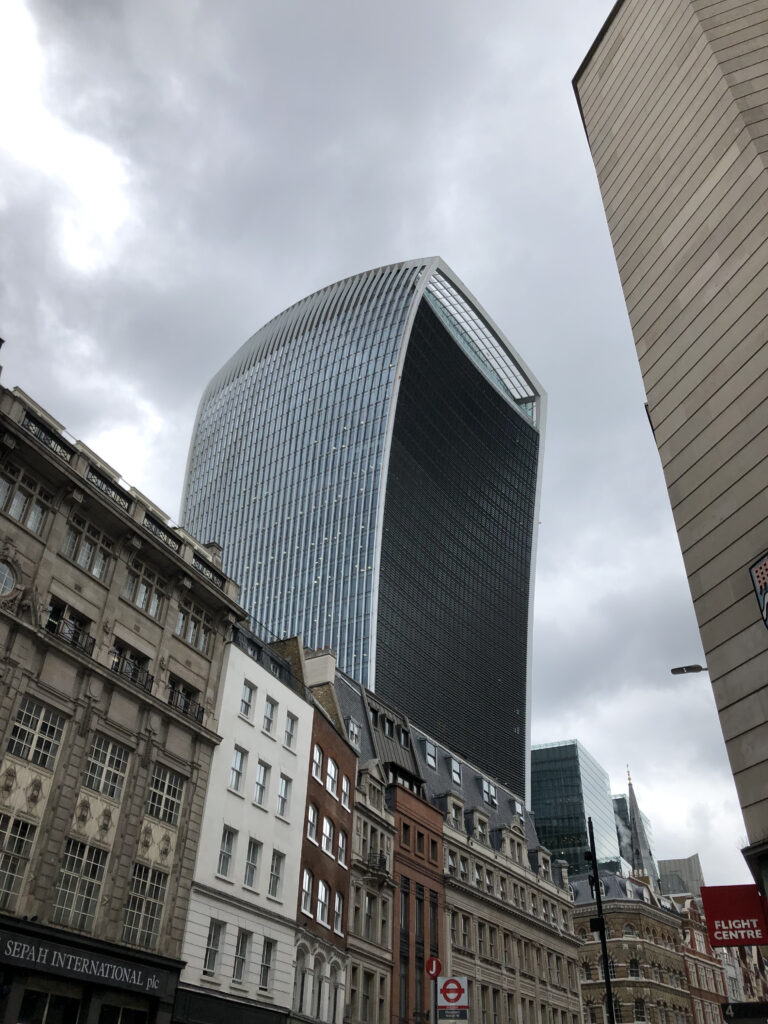The front page of The Times on Tuesday September 6 carried a photo of Liz Truss and noted of the newly elected leader of the Conservative Party that the ‘Victor will be appointed PM by the Queen today’. Which is what happened; Truss has now been Prime Minister for a little over a week. What also happened was that within 72 hours of the paper being published, the Queen was no longer with us. With the country now in a period of national morning that does not end until next Monday, Truss (whose photo appears on the home page) has found that her plans for the UK economy, including a £150 billion energy cap scheme, have been knocked out of the headlines as she struggles to figure out when later this month to announce her ‘fiscal event’ as the country heads into what may be a potentially calamitous winter for many people.
Writing in The Times two days ago, Paul Johnson, director of the Institute for Fiscal Studies, described the cap as “perhaps the biggest single fiscal event of my lifetime”. Not only are the sums involved absolutely colossal, no analysis has been published as to how this will be funded. “It exists. It should have been published,” said Johnson. He also suggested that sacking the permanent secretary to the Treasury, Sir Tom Scholar, on one’s first day in office, which is what the new Chancellor of the Exchequer, Kwasi Kwarteng, did was not a good start. So far as we know it, the Truss/Kwarteng strategy seems to be to cut taxes (which obviously only helps people who are sufficiently well-off to pay taxes) as well as increase public spending. That’s not an easy circle to square.

As she waits to formally set out her proposals, Truss will be aware of the political pitfalls she may face, which are potentially all the more precarious given that she knows more Tory MPs voted for the previous chancellor, Rishi Sunak, to become PM rather than wanted her. There is also the fact that she may take a political hit for the looming energy price rises because the public may not give her the credit, at least not in full, for the protection the price cap will afford. They may feel, like the Labour Party does, that the price hike should have been dealt with by the imposition of a huge windfall tax on the energy companies. And there is this: what happens if substantial financial support is needed beyond this winter?
During the seemingly interminable Tory leadership contest, Sunak attacked Truss’s prospective plans to cut VAT rates on the basis that such a move would disproportionately benefit the better-off and not be of much help to those most struggling to pay their bills this winter. It remains to be seen whether or not that becomes the case but it would be of a piece with what seems to be Truss’s direction of travel when it comes to the economy. But it’s a big risk. For now the UK can find willing lenders but that doesn’t mean at some point the markets might not become spooked by her tax cut/big spend philosophy. The UK’s economic future has perhaps seldom looked so uncertain.
